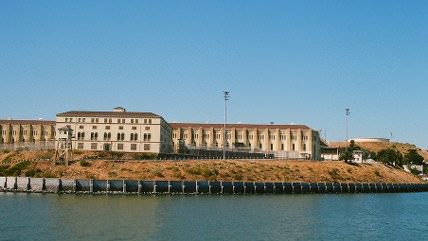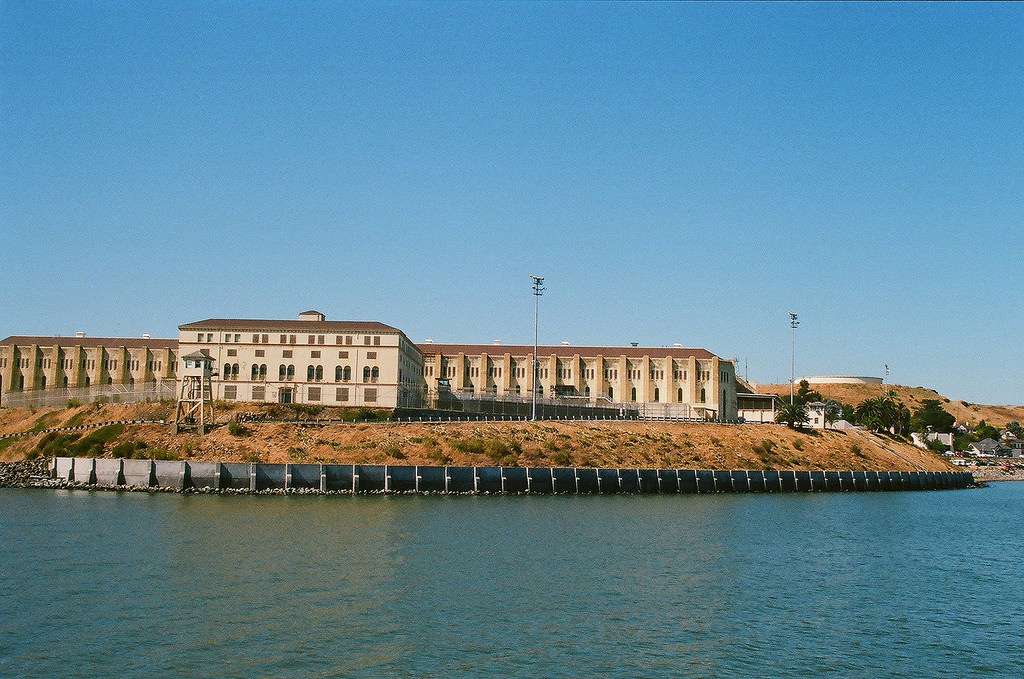California's Death Penalty Struck Down as Unconstitutional for Not Actually Killing People


California's system of justice is slow. It truly is. I've seen it take ages for some basic court cases to get anywhere. For complicated cases, well, when I was a small newspaper editor, I can recall one murder case ultimately being covered by four different reporters at various points due to staff turnover over the years.
So today's U.S. district court ruling declaring California's death penalty to be unconstitutional because it's too slow makes a certain sense, but it does read oddly at first, doesn't it? The case revolves around Ernest Dewayne Jones, who has been on death row since 1995, but obviously is not dead. The judge notes that Jones is not alone:
Since 1978, when the current death penalty system was adopted by California voters, over 900 people have been sentenced to death for their crimes. Of them, only 13 have been executed. For the rest, the dysfunctional administration of California's death penalty system has resulted, and will continue to result, in an inordinate and unpredictable period of delay preceding their actual execution. Indeed, for most, systemic delay has made their execution so unlikely that the death sentence carefully and deliberately imposed by the jury has been quietly transformed into one no rational jury or legislature could ever impose: life in prison, with the remote possibility of death. As for the random few for whom execution does become a reality, they will have languished for so long on Death Row that their execution will serve no retributive or deterrent purpose and will be arbitrary.
As such, U.S. District Court Judge Cormac J. Carney has ruled that the sentence is a violation of Eighth Amendment's prohibition against cruel and unusual punishment and has ordered it vacated.
For those who want to lay the blame on those wily, hardened criminals pulling every trick in the book to delay execution, that's not the case. The judge notes that a bipartisan panel has criticized the state's death penalty process as "plagued with excessive delay in the appointments of counsel for direct appeals and habeus corpus petitions, and a severe backlog in the review of appeals and habeas petitions before the California Supreme Court." The state keeps sentencing people to death and then is dragging its feet dealing with the process. Funding cuts to the Office of the State Public Defender are blamed for the limited pool of attorneys available to represent the defendants.
The judge also notes that after this extremely long wait, 60 percent of the handful of defendants (81 of them) who have made it through the whole state appeals process were granted relief from the death sentence once the case was taken up in federal courts.
The ruling is very specific to the nature of the delays in California and thus it's not clear whether the case has implications outside of the Golden State. Certainly it takes years for other states to coordinate their executions, but it's not necessarily the case that California's slow (and extremely expensive! Let's not forget how expensive it is! California's highest public salaries are in the prisons and criminal justice spheres.) process is like those in other states.
And also, before anti-death-penalty advocates celebrate, this ruling is about the process, not the outcome. It is not a judgment against the use of the death penalty. It is a judgment against California's broken system and its inability to apply it fairly and consistently. Of course, given California's inability to fix anything about any of its broken systems of governance, it may end up ultimately killing the death penalty off anyway (such as it is—executions have been on hold for years over concerns about the state's lethal injection system).
Read the judge's ruling here.


Show Comments (45)